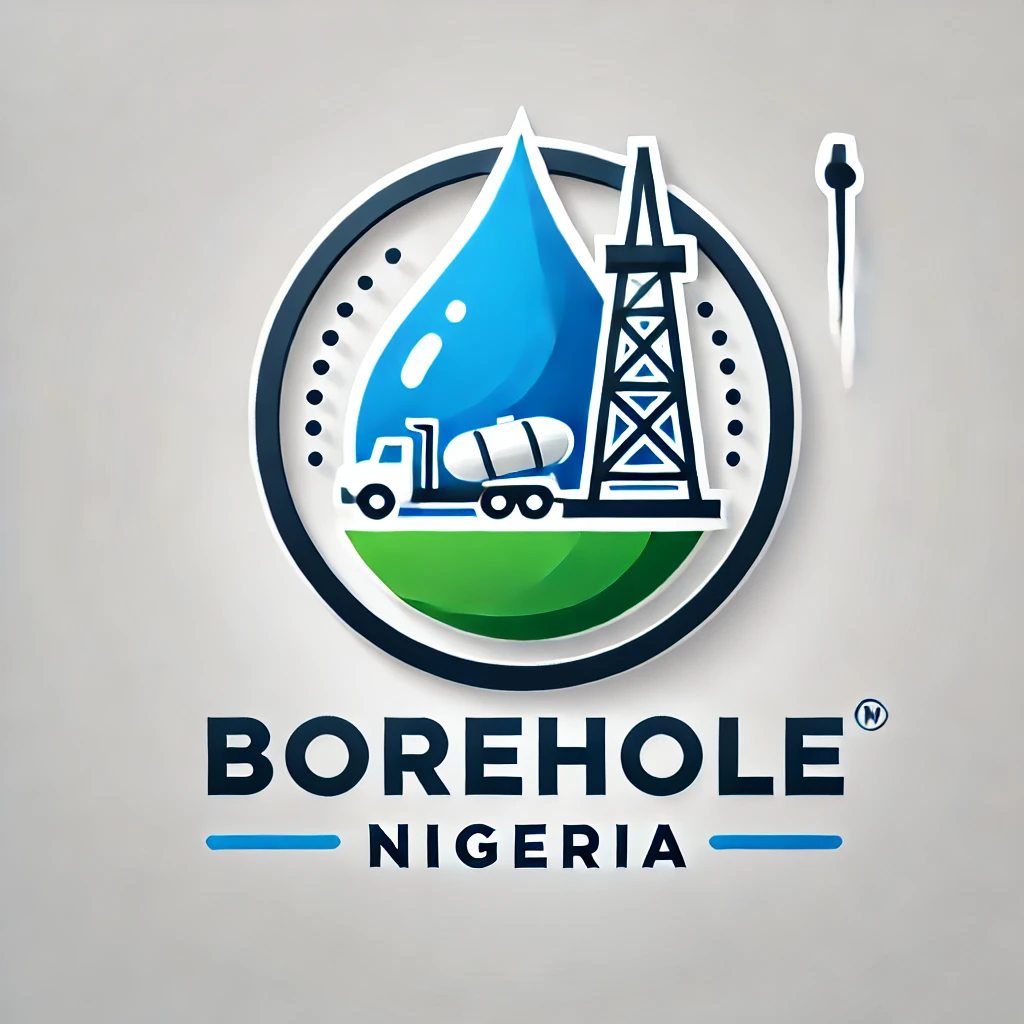The time required to drill a borehole in Nigeria can vary significantly depending on several factors, such as the location, depth, geological conditions, drilling method, and equipment used. However, to give you a general idea, here is a breakdown of the factors that affect the drilling time and the typical duration for a borehole drilling project in Nigeria:
1. Drilling Depth and Geological Conditions
- Shallow Boreholes (Up to 150 feet): For shallow boreholes, the drilling process can be relatively quick. In areas with soft soil and no significant rock formations, a borehole up to 150 feet deep can be drilled in 8 to 12 hours. This timeframe includes setting up the equipment, drilling, and initial testing.
- Medium Depth Boreholes (150 – 300 feet): For boreholes in the medium depth range, the drilling time can range from 1 to 3 days. The presence of harder rock layers or clay can slow down the process, requiring more time for drilling and casing.
- Deep Boreholes (300 – 500 feet or more): Drilling deep boreholes through hard rock formations or difficult terrain can take 3 to 7 days or even longer. Advanced drilling rigs and specialized techniques are often needed, and these factors add to the overall time.
2. Drilling Method and Equipment Used
- Rotary Drilling: This is the most common method used for borehole drilling in Nigeria. Rotary drilling is fast and efficient, especially for deep boreholes. It can drill through a wide range of soil and rock types, making it suitable for most regions in Nigeria. Depending on the geological conditions, rotary drilling can achieve an average drilling rate of 10 to 50 feet per hour.
- Percussion or Cable Tool Drilling: This traditional drilling method is slower and more labor-intensive. It is less commonly used for deep boreholes but may be chosen for specific geological conditions or where rotary rigs are unavailable. The drilling speed can be significantly slower, averaging 5 to 15 feet per hour.
3. Soil and Rock Formation
- The type of soil and rock formation in the area plays a critical role in determining the speed of drilling. Soft soils like sandy or clayey soils allow for faster drilling, while hard rock formations like granite or limestone require more time, effort, and specialized equipment, slowing down the drilling rate.
- In regions with unstable soils, additional time may be required to properly install casing to prevent the borehole from collapsing.
4. Borehole Diameter and Casing Installation
- The borehole diameter also affects the drilling time. A wider borehole requires more drilling effort and time compared to a narrower one.
- The process of installing casing (PVC or steel) and gravel packing, grouting, and developing the borehole to ensure proper water flow can add several hours to a day or more to the total time.
5. Mobilization and Demobilization Time
- Setting up the drilling rig and mobilizing the crew to the site usually takes a few hours, depending on the location’s accessibility.
- After the drilling is completed, demobilizing and cleaning up the site can also take several hours, depending on the equipment used and the site conditions.
6. Pump Testing and Water Quality Analysis
- After drilling and casing are completed, a pump test is conducted to determine the borehole’s yield and capacity. This process can take an additional 4 to 12 hours.
- Water quality analysis may also be performed, which could take a few extra hours or days, depending on the complexity of the tests required.
7. Unforeseen Challenges
- Factors such as equipment breakdown, sudden changes in geological conditions, and weather conditions can affect drilling time. Delays due to these factors are not uncommon and can add anywhere from a few hours to a couple of days to the total time required.
Typical Timeframe for Borehole Drilling in Nigeria
- Best-Case Scenario: 1 day (8 – 12 hours) for shallow boreholes in ideal conditions.
- Average Scenario: 2 to 3 days for medium-depth boreholes with standard geological conditions.
- Challenging Scenario: 4 to 7 days for deep boreholes or areas with hard rock formations, difficult terrain, or other complications.
Conclusion: Efficient Borehole Drilling with Borehole Nigeria
To ensure a smooth and efficient borehole drilling process, it is essential to work with experienced professionals who understand the local geological conditions and have access to modern drilling equipment. At Borehole Nigeria, we provide comprehensive borehole drilling services, from initial site assessment to drilling, casing installation, pump testing, and water treatment. Contact us today for a consultation and get started with your borehole project in Nigeria!
